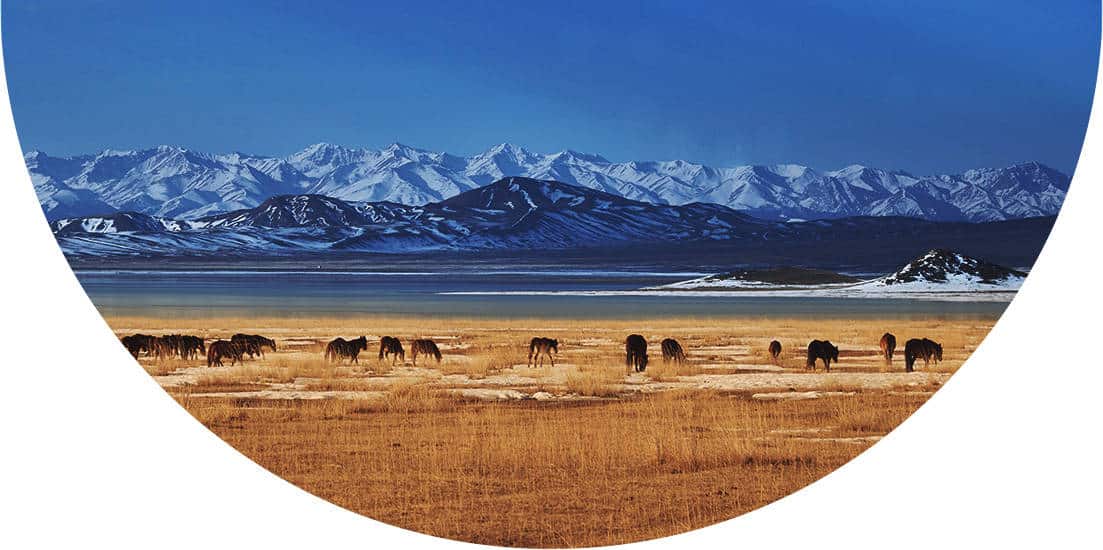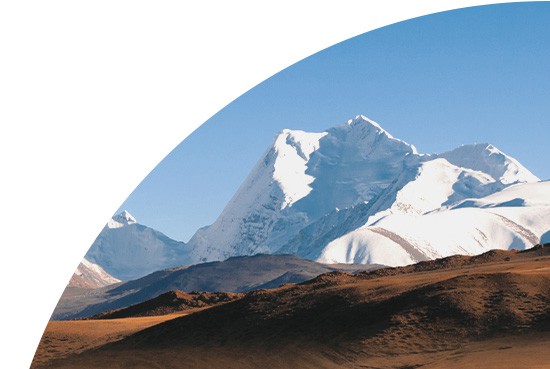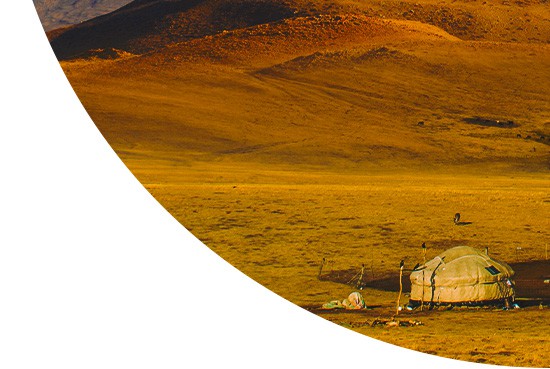Crimean-Congo haemorrhagic fever (CCHF) is primarily spread to humans either by infected ticks or animal blood. Human-to-human transmission can also occur resulting from close contact with the blood, organs or other bodily fluids of an infected person.


Travel Vaccinations for Turkmenistan
Recommended Vaccines for Turkmenistan
The level of protection needed depends on your medical history and travel itinerary. Book now to get a personalised recommendation from our specialist travel nurses. The consultation costs £20 plus any vaccines you decide to take.
Flexible appointments with no upfront payment
Book Now
Destination Information for Turkmenistan
Turkmenistan in Central Asia, with its Caspian Sea coastline and the Karakum Desert covering much of the landscape, is known for its archaeological ruins along the ancient trade route of the Silk Road. Tourism is officially welcomed in Turkmenistan, although you are required to have an official guide with you at all times and there is an ever-present surveillance by the police and the military. Traditionally the people of Turkmenistan live the life of nomadic shepherds, although many Turkmen are settled in the country’s towns and villages too.
If you’re not put off by the rather strict conditions that define your presence, a visit to Turkmenistan will be an interesting and memorable experience. Over 80% of the country is covered by the barren land of the Karakum Desert. Most tourists arrive, and stay, in Turkmenistan’s capital, Ashgabat, in the Ahal Province.
This is a modern city which was entirely rebuilt in 1948 after the old city was destroyed by an earthquake. You can learn more about the history of this event, and what has happened since, in the Earthquake Museum. While in the capital you should also pay a visit to the National Museum of Turkmenistan, which will give a greater understanding of this totalitarian and autocratic state.
Malaria and regions within country:
Malaria is not normally present in Turkmenistan.
Non Vaccinated Diseases
Additional Health Risks Information for Turkmenistan
Turkmenistan is generally considered a safe country to visit in terms of crime and personal safety. Muggings, violence and theft is rare, but you should still take sensible precautions as you would anywhere else. Avoid travelling alone late at night as police are naturally suspicious, particularly of unaccompanied women. Visa conditions are strictly enforced, and you should carry your passport with you at all time as police and security forces regularly carry out stops and checks.
If you’re exploring off the beaten track in rural or remote areas, consider taking a satellite telephone so that you can summon help – mobile signal is not at all reliable throughout the country. Turkmenistan is in an active earthquake zone and tremors are likely. Travellers who may go into areas of high altitude should take care to avoid ill effects of being at altitude including Acute Mountain Sickness.
Medical facilities in Turkmenistan are basic, and hard to find outside of the capital. All but essential treatment is best to be avoided. Ensure that your travel insurance covers evacuation, in the case of serious injury or illness, so that you can get suitable treatment elsewhere. Make sure that you have all the recommended vaccinations before you travel. Avoid drinking tap water and unpasteurised milk. During the summer months it can be extremely hot and humid, so drink plenty of (safe) water, and remain in the shade as much as possible.



